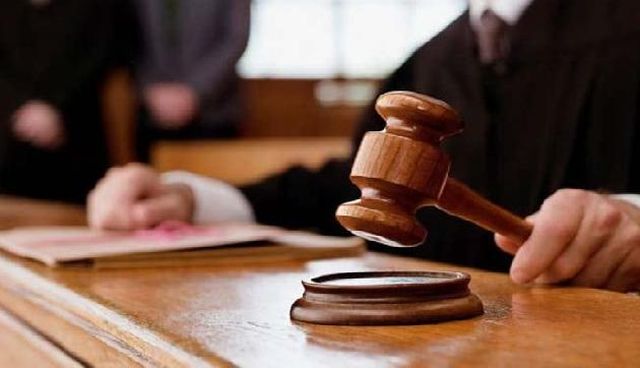Nagpur — In a significant verdict, a Nagpur court has acquitted eight Muslim men who were arrested in 2006 for alleged links with the banned Students Islamic Movement of India (SIMI), citing lack of evidence, reported the Scroll.
Delivering the judgment, Judicial Magistrate A.K. Bankar observed that the prosecution had failed to establish any unlawful activities by the accused. The court noted: “There is no evidence of participation in meetings, communication, propaganda, or financial support on the part of the accused.” It further clarified that mere possession of literature linked to a banned group does not prove guilt without clear intent or involvement.
The acquitted men — Shakil Warsi, Shakir Ahmed Nasir Ahmed, Mohammad Rehan Atullakhan, Jiyaur Rahman Maheboob Khan, Wakar Baig Yusuf Baig, Imtiyaj Ahmed Nisar Ahmed, Mohammad Abrar Arif Mohammad Kashim, and Sheikh Ahmad Sheikh — were in their 30s when arrested under the Unlawful Activities (Prevention) Act (UAPA) and other charges.
Police had claimed they acted on confidential intelligence suggesting SIMI links and had seized incriminating materials from the men’s homes. However, the prosecution failed to present intelligence records, prove the alleged recoveries, or secure independent witness support. Even claims of one accused being sheltered by others could not be substantiated.
With witnesses unable to back the charges, the court acquitted all eight under Sections 10 and 13 of the UAPA.
Rights groups have pointed out that the case reflects a broader pattern in India, where Muslim men are often detained for years under harsh anti-terror laws, only to be exonerated after prolonged trials. A similar instance occurred in 2021 when a Surat court acquitted 122 individuals accused of attending a SIMI meeting in 2001 after prosecutors failed to demonstrate any unlawful activity.
Activists argue that such cases highlight the urgent need for judicial and legal reforms to prevent prolonged incarceration of innocents under stringent security laws.




